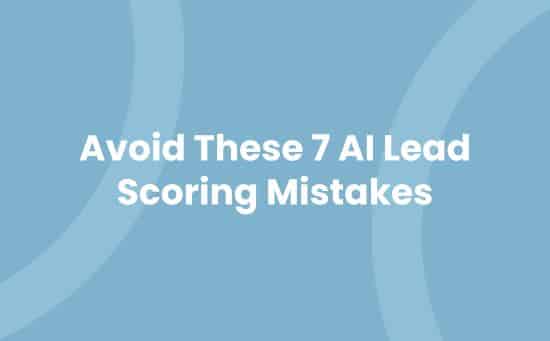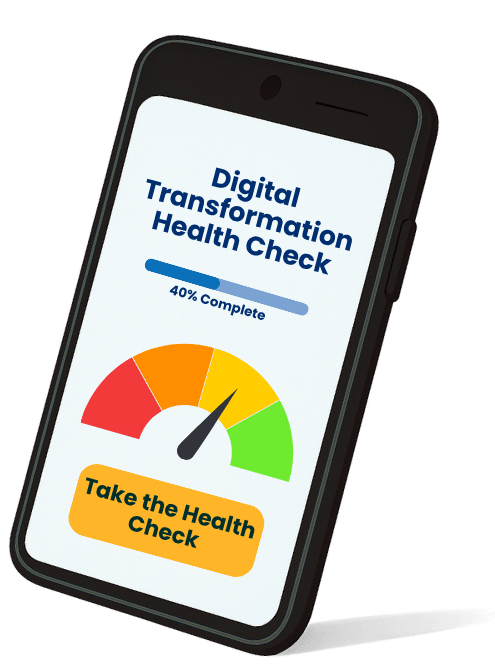Understanding AI-Powered Lead Scoring
AI lead scoring transforms traditional manual scoring methods into sophisticated data analysis systems. These systems leverage machine learning algorithms to evaluate lead quality based on multiple data points across your sales pipeline.
By implementing AI lead scoring, businesses can automate the qualification process and identify the most promising leads faster and with greater accuracy.
How Modern Lead Scoring Systems Work
Modern lead scoring platforms utilise artificial intelligence to analyse interactions across multiple touchpoints. The system tracks engagement metrics such as:
- Digital footprints (webpage visits, email opens, download patterns)
- Demographic attributes (company size, industry sector, geographic location)
- Behavioural signals (content consumption, social media engagement, form submissions)
- Firmographic data (annual revenue, employee count, market position)
The AI lead scoring algorithms assign weighted values to each interaction based on historical conversion patterns. For example, downloading a pricing guide might earn 20 points, while viewing a blog post earns 5 points. These systems integrate with your CRM platforms like Salesforce to create dynamic scoring models that adjust in real-time.
AI lead scoring tools also enable sales and marketing teams to align better by focusing their efforts on prospects with the highest conversion potential.
The Promise of Artificial Intelligence
AI lead scoring delivers enhanced prediction accuracy through pattern recognition capabilities. The technology offers several key advantages:
- AI lead scoring automates data processing and analyses thousands of data points simultaneously
- Predictive analytics identify high-value prospects based on historical wins
- Dynamic scoring adjusts lead values based on changing market conditions
- Personalised engagement recommendations for each prospect profile
Ultimately, AI lead scoring not only saves time but also improves your ability to close deals by prioritising leads with the highest likelihood of conversion.



